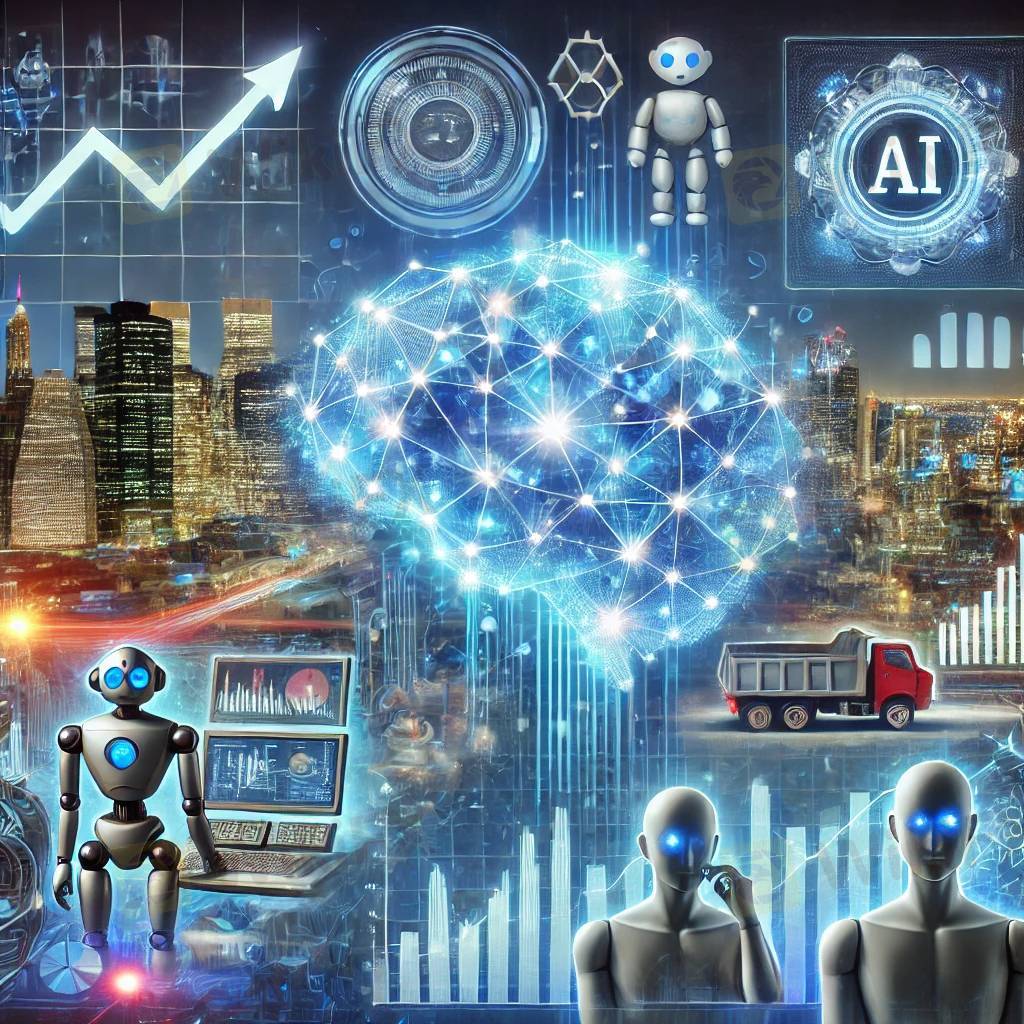
2025-02-17 19:54
SettoreThe Economics of Artificial Intelligence
#firstdealofthenewyearastylz
AI is transforming economies by boosting productivity, automating tasks, and driving innovation. While it enhances efficiency in industries like healthcare, finance, and manufacturing, it also disrupts labor markets by replacing routine jobs while creating new opportunities in AI-related fields.
AI’s economic impact extends to business models, reducing costs but requiring significant investments in data, computing power, and skilled labor. Market competition is influenced by AI, with large tech firms gaining advantages while startups leverage AI to enter new markets.
Wealth distribution remains a challenge, as AI-driven automation may widen income inequality. Governments are exploring policies like universal basic income, reskilling programs, and AI taxation to address these disparities.
On a global scale, AI is a key factor in economic competition, with countries investing in AI research to gain strategic advantages. Regulations on data privacy, fairness, and monopolies are shaping how AI integrates into economies.
Overall, while AI offers immense economic benefits, careful policy planning is needed to manage job displacement, inequality, and ethical concerns.
Mi piace 0

Nike9214
Brokers
Discussione popolari
Settore
Offerta di lavoro Marketing
Settore
Marketing App
categoria forum

Piattaforma

Esibizione

IB

Reclutamento

EA

Settore

Mercato

indice
The Economics of Artificial Intelligence
 Hong Kong | 2025-02-17 19:54
Hong Kong | 2025-02-17 19:54#firstdealofthenewyearastylz
AI is transforming economies by boosting productivity, automating tasks, and driving innovation. While it enhances efficiency in industries like healthcare, finance, and manufacturing, it also disrupts labor markets by replacing routine jobs while creating new opportunities in AI-related fields.
AI’s economic impact extends to business models, reducing costs but requiring significant investments in data, computing power, and skilled labor. Market competition is influenced by AI, with large tech firms gaining advantages while startups leverage AI to enter new markets.
Wealth distribution remains a challenge, as AI-driven automation may widen income inequality. Governments are exploring policies like universal basic income, reskilling programs, and AI taxation to address these disparities.
On a global scale, AI is a key factor in economic competition, with countries investing in AI research to gain strategic advantages. Regulations on data privacy, fairness, and monopolies are shaping how AI integrates into economies.
Overall, while AI offers immense economic benefits, careful policy planning is needed to manage job displacement, inequality, and ethical concerns.
Mi piace 0
Voglio commentare
Fai una domanda
0Commenti

Non ci sono ancora commenti. Crea uno.

Fai una domanda
Non ci sono ancora commenti. Crea uno.